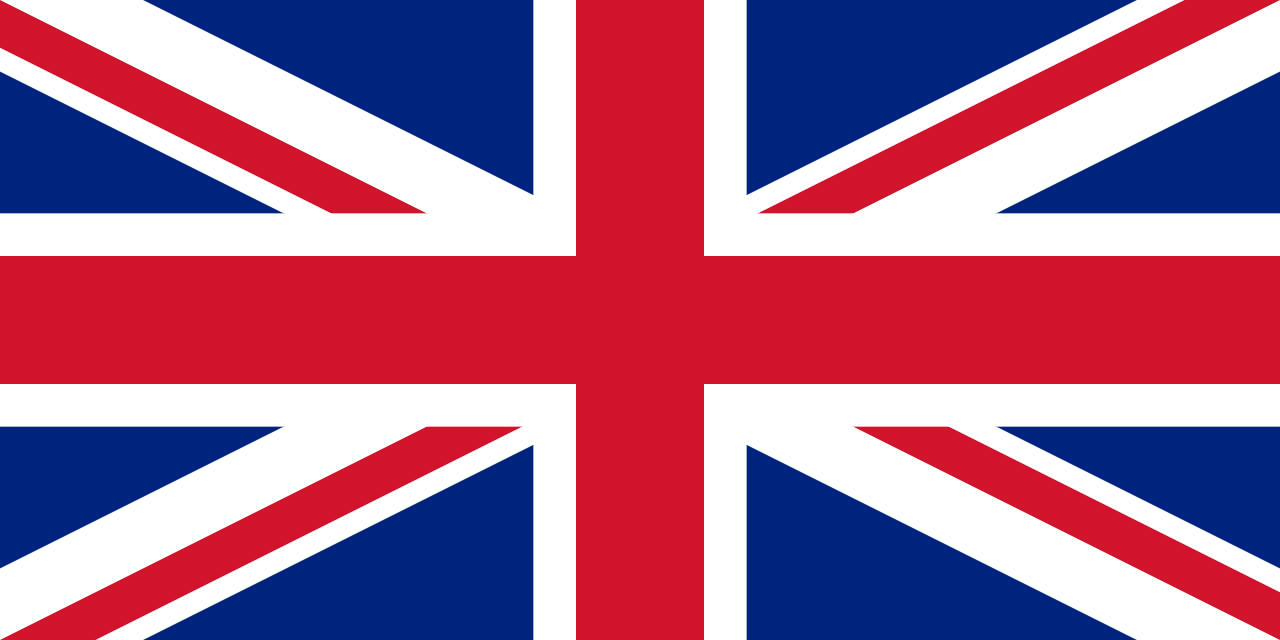Brand Britain turns toxic
As somebody who is very interested in brands, branding and what they signify and stand for (brand values), I have been waiting for the first piece to be published in the mainstream British media about one of the serious and far-reaching consequences of the Brexit vote: the destruction of Brand Britain.
Brand Britain did not come out of nowhere. It was carefully built over five decades, first intuitively and then deliberately, starting in Swinging London of the 1960s, getting a further world push in the late 1970s with the Sex Pistols followed by the New Wave, riding on the ground-breaking appeal of designers like Vivienne Westwood, of writers, of singers, of film directors, of actors, of television historians and so many more. Even the Queen was ‘reimaged’ to fit with the evolution of Brand Britain into what it is today – or rather, what it was until 23 June. Tony Blair, too, did his bit with Cool Brittannia when he became prime minister in 1997.
Brand Britain, using the Union flag and other symbolism, has been enormously successful – particularly over the last two decades – in selling niche products and services to the world’s customers who identify with what those brand values stand (now, stood) for: the liberal and democratic spirit of Britain; the positive values of hip and cool, of respect for and acceptance of differences, of allowing people to be themselves, to walk down the street with bright blue hair without being stared at.
But overnight on 24 June, Brand Britain turned completely toxic. By virtue of the English and Welsh vote, the Union flag – despite the fact that it includes Scotland which continues to embrace those positive values – has become a negative symbol. The only people now likely to be buying products which prominently display the Union flag are going to be supporters of Marine Le Pen and Geert Wilders, or Japanese tourists who lag behind the Zeitgeist.
The values Brand Britain now stands for are narrow-mindedness, bigotry, stupidity, ignorance, xenophobia, hatred for those who are different, intolerance and yes, even ugliness. For we cannot escape the fact that when the world news cameras went out onto the streets of Britain to interview ordinary people about what they thought and how they voted, those expressing shock because they had voted ‘remain’ were the sort who represented what Brand Britain had stood for – young, hip, eloquent, connected to the world, European in outlook – while those who voted to leave were mainly your typical hinterland troll-like being, some of them looking and sounding like the sort of people you might expect to see edging suspiciously out of a rundown house with a clapped-out car in the yard as you take a wrong turning down a remote track in an American horror film.
I don’t think the journalists deliberately chose them that way. I think it’s roughly an accurate representation. Those people represent the opposite of what Brand Britain stood for until last Thursday. But now, they represent what Brand Britain stands for from this day forward. And nobody who’s been buying British products based on the previous brand values wants to be associated with any of that. Will Marine Le Pen’s supporters now start buying British cheeses, British carpets, British designers and British cars (even if those cars are actually German) to make up the shortfall in business? Somehow, I don’t think so.

Brand values destroyed overnight: now the symbol of narrow-minded bigotry and intolerance
